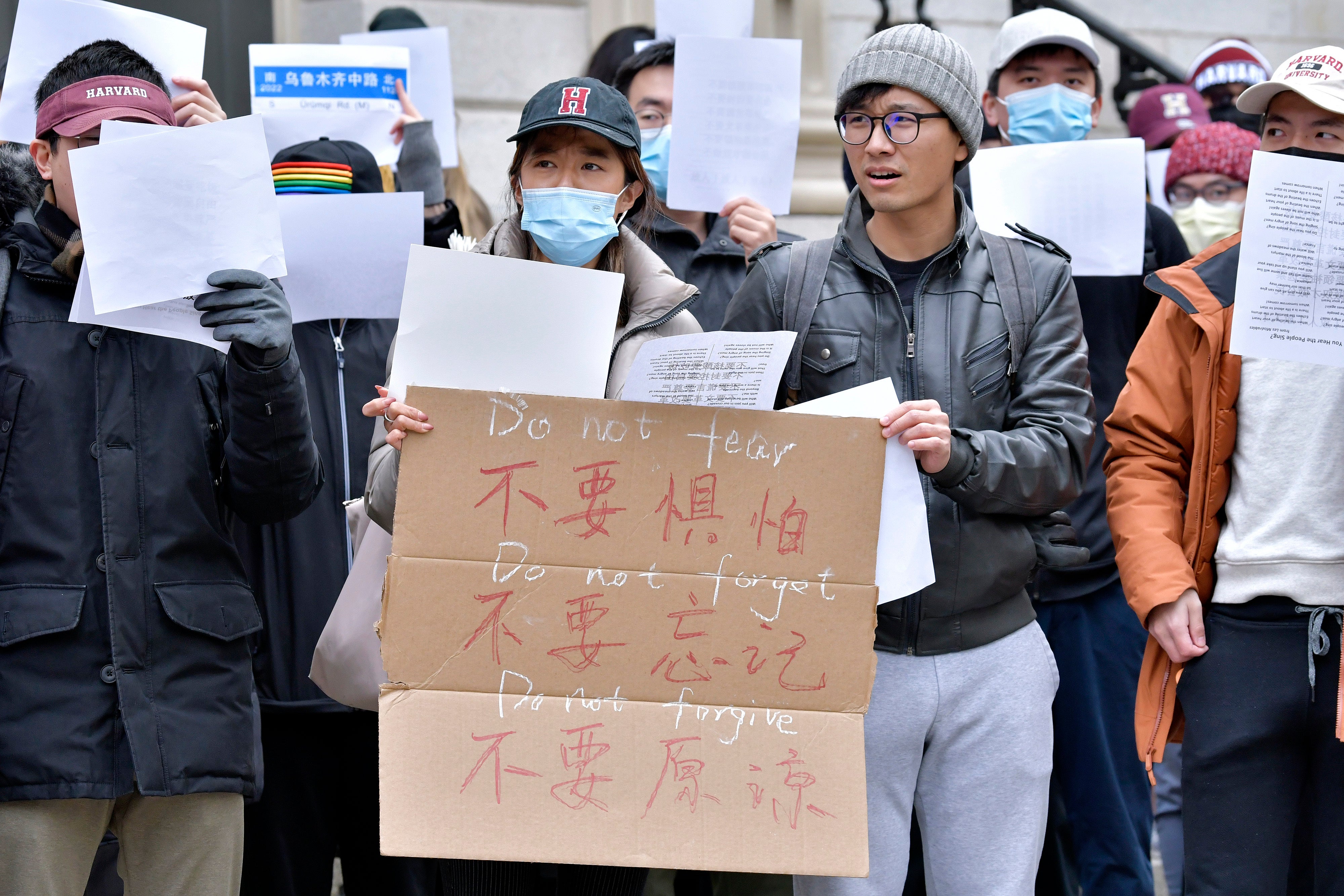
The next strain of coronavirus could be more dangerous than the dominant Omicron variant, a new study has warned.
Researchers assessed coronavirus samples from an immunosuppressed person over six months and found that the virus evolved to become more pathogenic, suggesting that a new variant could cause worse illness than the current strain.
The study was conducted by the Africa Health Research Institute based in South Africa.
Conducted by the same lab that was to first test the Omicron variant against vaccines in 2021, samples were used from an individual infected with HIV.
At first, the virus caused the same level of cell fusion and death as the Omicron BA.1 strain, but as it evolved those levels rose to become similar to the first version of the coronavirus identified in Wuhan in China.
The study indicates that the pathogen could continue to mutate and a new variant may cause more severe illness and death than the now mild Omicron strain. However, the study is yet to be peer-reviewed and is based solely on laboratory work on samples from one individual.
Dr Alex Sigal at the Africa Health Research Institute in Durban has led the study and warned that their results show the virus should not be underestimated.
Dr Sigal and other scientists have earlier postulated that variants like Beta and Omicron, both initially identified in southern Africa, may have evolved in an immunosuppressed individual such as those infected with HIV.
“What we're seeing is one of the possibilities the disease can go,” Dr Sigal said.

“It’s not a variant yet. This is as far as it’s been evolving in one person and hasn’t come out and may never come out. Our study just shows how far it could go.
“We should not underestimate the virus and should be on the look out for any increase in disease severity.”
The analysis “may indicate that SARS-CoV-2 evolution in long-term infection does not have to result in attenuation,” the researchers said in their findings.
“It may indicate that a future variant could be more pathogenic than currently circulating Omicron strains,” the analysis said.
It comes as protests against China‘s strict zero-Covid policy and restrictions on freedoms have spread to at least a dozen cities around the world in a show of solidarity with the rare scenes of dissent.
Small-scale vigils and protests have been held in cities in Europe, Asia and North America, including London, Paris, Tokyo and Sydney, organised by expatriate dissidents and students.

“It’s what I should do. When I saw so many Chinese citizens and students take to the streets, my feeling is they have shouldered so much more than we have,” said graduate student Chiang Seeta, one of the organisers of a demonstration in Paris on Sunday that drew about 200 people.
“We’re now showing support for them from abroad,” said Chiang.
Meanwhile, prime minister Rishi Sunak said the detention of a BBC journalist who was covering protests against the country’s zero-Covid policy was “shocking and unacceptable”, a spokesman said.
China is the only major economy to continue with lockdowns, regular testing and quarantine measures for its citizens in order to fight the pandemic.







